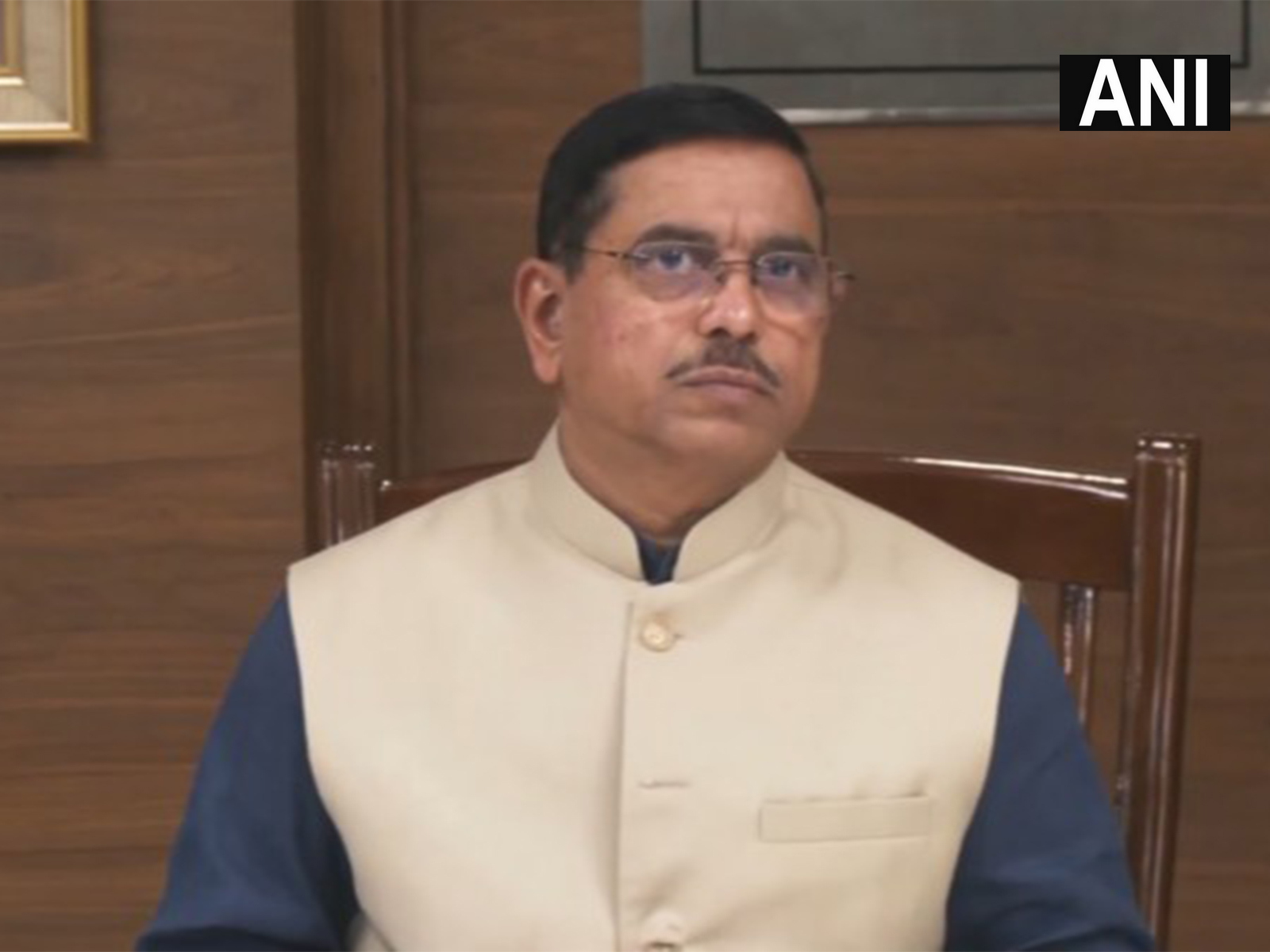India to achieve 5 million metric tonnes green hydrogen production by 2030: Pralhad Joshi
Union Minister Pralhad Joshi has said that India is making rapid strides in renewable energy and is on course to achieve the ambitious target of 5 million metric tonnes of green hydrogen production by 2030.

- Country:
- India
Union Minister Pralhad Joshi has said that India is making rapid strides in renewable energy and is on course to achieve the ambitious target of 5 million metric tonnes of green hydrogen production by 2030. Speaking at the Panchjanya Infra Confluence 2025, Joshi said that Prime Minister Narendra Modi does not set easy targets for himself or for his cabinet colleagues and has set a very ambitious goal in the renewable energy sector.
"Hon'ble PM does not set easily achievable targets for himself or for any of us; he prefers goals that make us strive harder. In the renewable energy sector too, he has set a very ambitious goal--and aligned with that, we've already achieved fifty percent so far," he said. "We are firmly on course to achieve our ambitious target of 5 million metric tonnes of green hydrogen production by 2030," he added.
Joshi, who is Union Minister of New and Renewable Energy had spoken at the Annual Green Hydrogen R&D Conference earlier this month. National Green Hydrogen Mission (NGHM), launched in 2023, aims to transform India's energy landscape and make the country a global hub for green hydrogen. With an outlay of Rs 19,744 crore, the Mission rests on four pillars - Policy and Regulatory Framework, Demand Creation, R&D and Innovation, and Enabling Infrastructure.
Dedicated hydrogen hubs are being developed at Kandla, Paradip and Tuticorin Ports to strengthen India's export competitiveness. Large enterprises like NTPC, Reliance and IOCL and start-ups and MSMEs are investing heavily in hydrogen, building a robust value chain and creating lakhs of new jobs. NGHM aims for five million metric tonnes of green hydrogen production annually by 2030, 125 GW of new renewable capacity, investments of ₹8 lakh crore, six lakh new jobs, and 50 million tonnes of CO₂ reduction each year.
India's achievement of 50% non-fossil fuel installed capacity ahead of the target year is seen as a testament to its ambition, innovation, and commitment to sustainable development. The country has adopted bold, inclusive, and technology-driven parth as it moves toward the goal of 500 GW of non-fossil capacity by 2030 and net-zero emissions by 2070.
India has achieved a landmark in its energy transition journey by reaching 50% of its installed electricity capacity from non-fossil fuel sources--five years ahead of the target set under its Nationally Determined Contributions (NDCs) to the Paris Agreement. Joshi, who is Union Minister for Consumer Affairs, Food and Public Distribution, said the government is providing 44 lakh tons of foodgrains to 81 crore eligible people in the country every month. (ANI)
(This story has not been edited by Devdiscourse staff and is auto-generated from a syndicated feed.)










